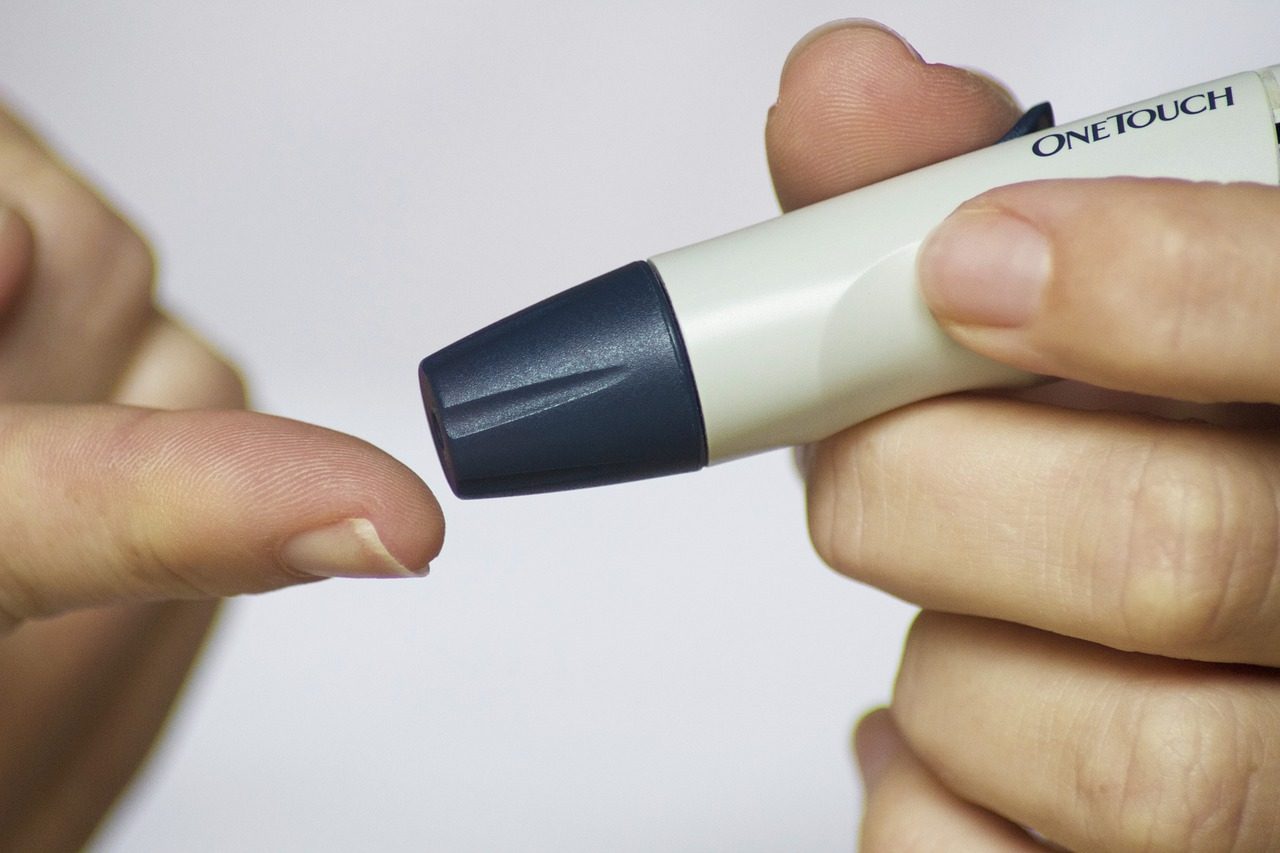Pregnancy and diabetes are challenging situations for any woman. Fortunately, with careful planning and good management, it is possible to have a healthy pregnancy and baby.
If you have type 2 diabetes, your blood glucose levels are higher than usual. If blood sugar is not normal, your unborn child may take in sugar from your food while you're pregnant, and if it gets too much glucose, it may respond by making more insulin (which can result in a too-large baby or other complications).
What shall one do with diabetes during pregnancy?
If you have diabetes and are planning to get pregnant, it's important to understand how your condition will affect you and your baby. Here are some tips for managing your diabetes during pregnancy:
- Check what you eat
Diabetic pregnant women should eat less processed carbs and stick to a diet similar to the traditional pregnancy diet, which includes whole grains, lean proteins, and healthy fats. Make a diet that fits your needs with the help of your doctor, a dietitian, and a diabetic nurse practitioner. So it is advised to keep blood sugar normal.
Some tips for diabetic women who are expecting:
- Eat healthy meals.
Snacks will be much more critical than for the average pregnant woman. They should mostly have a source of protein and a complex carbohydrate, like whole grain bread (beans, cheese, or chicken).
- To keep your body feeling good, you need to eat often.
Even if morning sickness or indigestion makes you less hungry, you should still try to eat regularly to avoid a dangerous drop in blood sugar that could cause fainting or other serious health problems. The best thing to tackle gestational diabetes is to break up your day into six smaller meals and add healthy snacks when needed.
- Adding exercise to my daily schedule
With moderate activity, you could feel more energized, keep your blood sugar stable, gain weight healthily, and prepare your body for labour and delivery. But talk to your doctor before changing your diet or medication schedule.
If you were out of shape before you got pregnant or if there are any warning signs about your diabetes, pregnancy, or baby's development, you should cut back on your activities (leisurely strolling, for example) to keep blood sugar normal.
Regarding safety precautions, you won't be much different from the average pregnant woman: Work out in moderate to low heat, and don't push yourself so hard that you get tired (80 degrees Fahrenheit or higher).
If you take insulin, you shouldn't lower your dose before working out and shouldn't inject insulin into the muscles you use (the legs).
- Medications
Diet and exercise alone can control blood sugar levels, but most diabetics also need insulin. If you get gestational diabetes for the first time while pregnant, your blood sugar may be checked by a doctor. If you were taking medicine by mouth before you got pregnant, you might need to switch to insulin injections or a subcutaneous insulin pump.
Depending on your situation, your doctor might suggest taking a pill instead of insulin while pregnant. In addition to ensuring your diabetes medicine is working well, you should take extra care with any other drugs you take to keep blood sugar normal. Medicines safe for pregnant women may not be available over the counter, and many of them can change how much insulin your body makes. Before taking any over-the-counter medicine, talk to your doctor about diabetes and your doctor about being pregnant.
Keeping an eye on your blood sugar levels all the time
Here are some rough estimates, but you should always go to an expert to figure out what your exact results mean:
- When tested a few hours before a meal, the normal range is between 60 and 99 mg/dl.
- Between one and two hours after a meal, levels should be between 100 and 129 mg/dl.
Results and the usual amount of food eaten should be written down as instructed. The best glycemic control might come from continuous glucose monitoring with a device that uses a small sensor placed under the stomach's skin to measure blood sugar levels.
Every five minutes, it automatically takes measurements, sends them to a wireless wearable monitor or smartphone, and sounds an alarm if your blood sugar goes too low, which could trigger an insulin pump.
Women who use insulin before getting pregnant are more likely to have hypoglycemia (low blood sugar), especially in the first trimester, so they must be closely watched. Try not to go too long without eating to keep blood sugar normal. You should consult a doctor if your levels are too low or too high.
Conclusion
You and your baby will benefit from keeping blood sugar normal during pregnancy. Use the tips in the next few paragraphs to control your blood sugar while pregnant. Carbohydrates are broken down into glucose, which most people call sugar. Even though you and your baby need glucose, too much in your blood could be dangerous. Carbohydrates can come from starches, fruits, vegetables, milk, and yoghurt, but tracking how much you eat is essential. You should avoid sweets and other sugary foods to stabilize your blood sugar levels.
Also Read: Do Mental Diseases Cause Obesity?





0 Comments